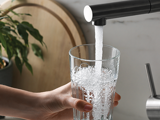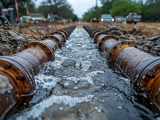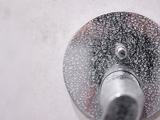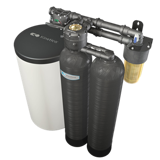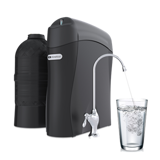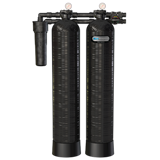City Water Solutions For Thornville, OH
Kinetico Water Systems has been providing water treatment solutions for people in Thornville, OH for over 30 years. Residents of Thornville get their water from both private wells and city-treated water. The water supply in the city is treated with chemical disinfectants to meet state and federal minimum regulations for contaminants. After it is treated, the water must travel through the water distribution system before it reaches your home for household use.
Schedule A Free Water Test.
Improve Your Water Today!
Simply fill out the form below and your local water expert will reach out soon to schedule your free, in-home, water test.
We respect your privacy as we respect our own.

Why Drinking Water Matters
Water is part of your daily life. You use it to cook, clean, make coffee, and—most importantly—stay hydrated. But not all water is the same. Tap water can carry unwanted things like:
Common Water Problems In Thronville OH
These water problems are common to Thornville, OH water, but they may not affect your home or business.
Water in Athens comes from private well water systems. Even if you have a newly drilled well, your water can still have some level of contaminants. It can also still cause water problems in your home. To learn more about Thronville's city water, you can review local guidelines and information when drilling. In Thornville, we most commonly see water problems like hard water, groundwater contamination, and discolored water. If you have these or other water problems, schedule a water test to learn how you can treat your water problems.
Hard Water
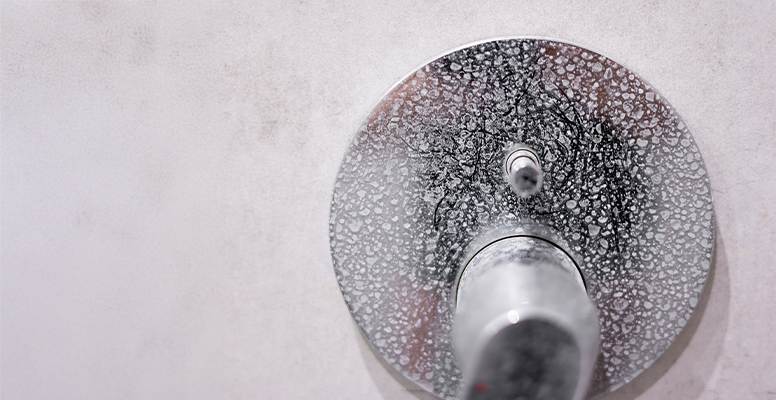
When water travels through the ground, it picks up minerals like calcium and magnesium. These minerals dissolve in water and make water hard. Hard water can cause problems for both you and your home. If your water is even slightly hard your water-using appliances can be damaged by scale buildup shortening their lifespan. Hard water also stains sinks and showers and leaves hard water spots on dishes and silverware. It can also affect you. Your skin can dry out when you bathe and wash your hands. Your hair can become dull and brittle, causing it to tangle and become more difficult to manage.
Water hardness is measured in grains per gallon. If your water measures at one grain per gallon of hardness, it is hard. Water 10 grains per gallon or more is considered very hard.
Water Hardness Table
| Grains per Gallon (gpg) | Milligrams per Liter (mg/L) | Water Classification (Water Quality Association) |
| <1.0 | <17.1 | Soft |
| 1 - 3.5 | 17.1 - 60 | Slightly Hard |
| 3.5 - 7.0 | 60 - 120 | Moderately Hard |
| 7.0-10.5 | 120 - 180 | Hard |
| 10.5 + | 180 + | Very Hard |
If you suspect that your water is hard, the best solution for you and other homes in Athens may be a Kinetico Premier Series Water Softener. A water softener replaces the hardness ions in hard water with softer sodium ions. You will see and feel the benefits of soft water for you and your home. Learn more about how water softeners work and the benefits of soft water.
Contact Your Local Water Expert Today
Find Out If Your Water Is Considered Hard!
Nitrates
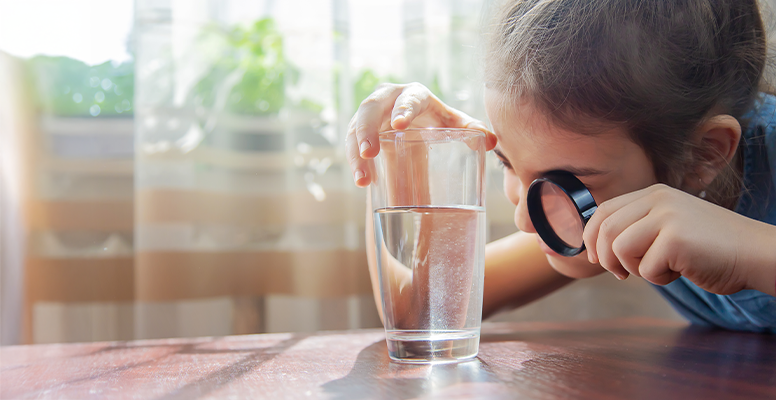
One of the unseen water contaminants found in Columbus water is nitrate. Nitrate often finds its way into city water supplies through agricultural runoff, industrial processes, and wastewater discharge. The city of Strongsville has both urban and rural settings, meaning that runoff and improper wastewater discharge contribute to increased nitrate levels. Farms frequently use nitrogen-based fertilizers to boost crop growth, and when it rains, excess fertilizer can wash into nearby rivers, streams, and groundwater sources. Septic systems and wastewater treatment plants can also contribute nitrates to water systems when improperly maintained. Additionally, urban stormwater runoff containing organic waste or industrial byproducts can further elevate nitrate levels in municipal water sources. Once introduced into the water supply, nitrates can persist because they are highly soluble and do not readily degrade.
To help reduce the amounts of nitrate in your drinking water, we suggest installing our K5 Drinking Water Station. With the multi-stage filtration and modular filter set-up, the K5 is highly effective at reducing the levels of nitrate and other contaminants found in your water.
Discolored Water
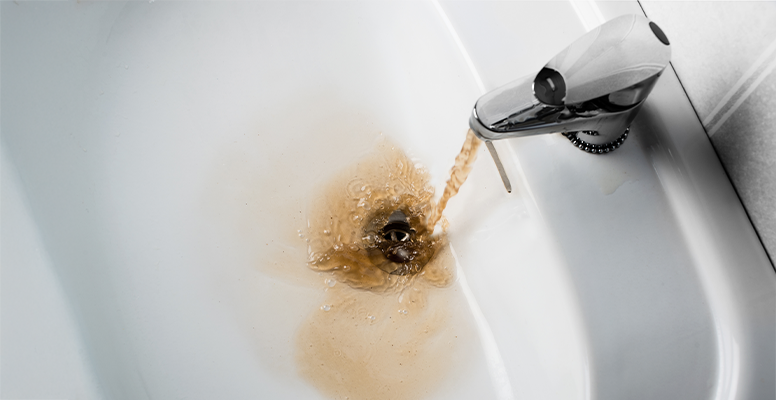
Discolored tap water can occur for several reasons, often related to changes in the water system or the presence of naturally occurring minerals. One common cause is the disturbance of sediment in water mains during events like pipe repairs, construction, or sudden changes in water flow. These sediments can include harmless particles like iron or manganese, which give the water a brown, yellow, or reddish tint. In other cases, corrosion in older pipes can release rust into the water supply, leading to discoloration. While discoloration is usually temporary and not harmful, it can be alarming for residents. The issues associated with discolored water go beyond its unpleasant appearance. Even though it is often safe to drink, the water may stain clothing during laundry or leave residues in sinks, tubs, and toilets.
Kinetico has several water treatment solutions to help with stains caused by water. If there is iron in your water causing reddish-orange stains, we have iron filters to get rid of them. If your stains are scale buildup and hard water spots, a Premier Series Water Softener is the solution to your water problems.
Contact Your Local Water Expert Today
Find Out If Your Water Is Affected By Contaminants
Water Treatment Solutions For Columbus, OH
Additional Information About Your Water
Explore The Quality Of Your Water
Visit Our Updated Resource Center
Where Your Water Is Sourced From

